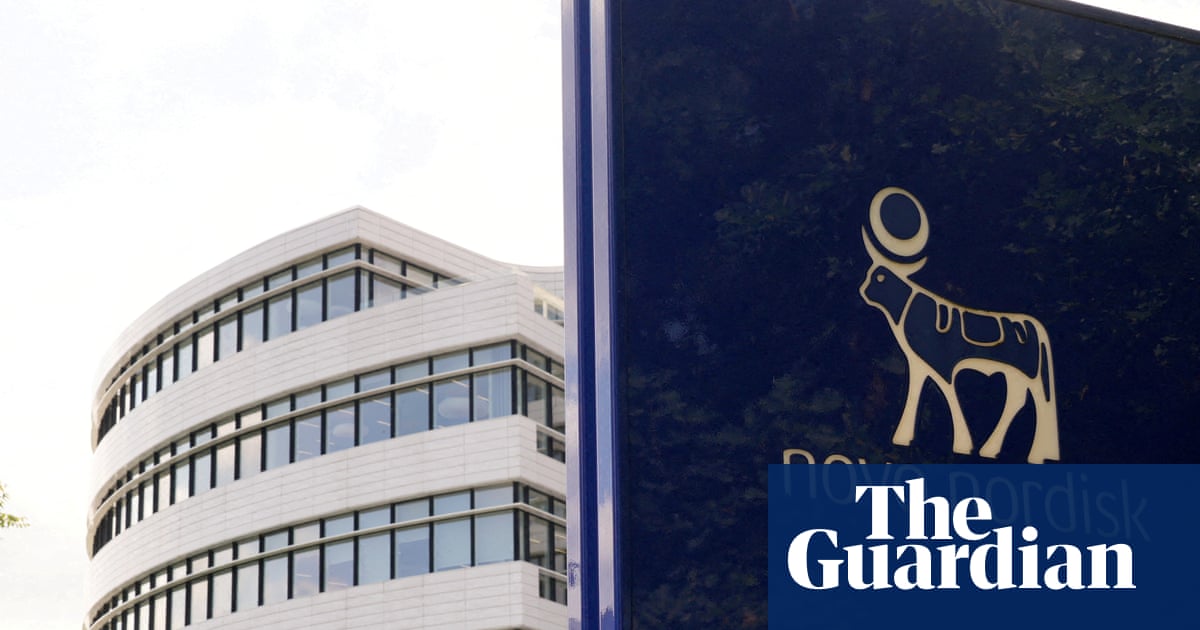Thousands of cancer patients in England are to benefit from a DNA blood test that saves lives by fast-tracking them on to personalised treatments.
In a world-first, the NHS will offer patients with lung and breast cancer – two of the most common forms of the disease – a liquid biopsy that detects tiny fragments of tumour DNA.
Rapid results from the groundbreaking test mean patients can immediately be offered drugs and treatments specifically tailored to the genetic profile of their disease, significantly increasing their survival chances and paving the way for a new era of precision medicine.
Details of the rollout were revealed on the eve of the world’s largest cancer conference, the annual meeting of the American Society of Clinical Oncology (ASCO) in Chicago. The launch of the national scheme comes after results from pilots of the test stunned senior doctors and NHS leaders.
Prof Peter Johnson, NHS England’s clinical director for cancer, said: “Liquid biopsies are leading us into a new era of personalised cancer care and it’s fantastic that we are now able to expand the use of this revolutionary test on the NHS to help tailor treatment for thousands of patients across the country.
“Cutting-edge genomic testing is helping us deliver more targeted and kinder care for patients, enabling some to avoid more intensive treatments such as further chemotherapy, which can have a huge impact. We are already seeing the difference this test can make in lung and breast cancer – and we hope to roll it out for patients with other forms of cancer in the near future.
“As research progresses, it’s exciting that this approach has the potential to help us scan the body in a single blood test to see where and how cancer may be developing and target it with speed and precision to help save more lives.”
The liquid biopsy can mean patients receive targeted therapy up to two weeks earlier, while helping some to avoid further tests and treatments including chemotherapy.
The NHS is the first healthcare system in the world to introduce a “blood test-first” approach to diagnosing lung cancer, with the test to be used before traditional tissue biopsies for the first time.
The DNA blood test involves the patient providing a blood sample, which is then processed in NHS genomic labs in Manchester and London. The results come within days, and tell the patient’s doctor what the best targeted therapy is to attack the patient’s particular tumour.
After the pilots, at least 15,000 patients with suspected lung cancer are expected to benefit from the test every year. The NHS is also bringing in the testing for advanced breast cancer patients, with four genetic variations now being screened for, and 5,000 women expected to benefit each year.
An economic assessment of the pilots showed the test could save the NHS £11m a year in lung cancer care alone. The NHS is also aiming to bring in the liquid biopsy for other forms of the disease, including pancreatic and gallbladder cancer.
Prof Dame Sue Hill, the chief scientific officer for England, said: “This represents a real step-change in care for eligible lung and breast cancer patients on the NHS.
“The liquid biopsy testing enables genomic mutations in the fragments of cancer that enter the blood stream of these patients to be detected. This testing is transforming care and helping clinicians match patients earlier – especially when cancer tissue may not be available – with potentially life-extending targeted therapies rapidly and with greater precision.
“This test is a great example of the NHS harnessing the power of genomic technological advances to enable the latest groundbreaking treatment to be delivered to patients.”
The liquid biopsy will be made available to all eligible lung and breast cancer patients in NHS hospitals across England.
The blood test looks for circulating tumour DNA (ctDNA) to find specific genetic variations of cancer. Pilot data showed that in some cases, patients received the DNA test results 16 days earlier than the standard cancer tissue biopsy approach, a painful and invasive procedure.
As well as speeding up access to new treatments, the DNA test also helped patients avoid repeat diagnostic procedures and unnecessary treatment such as standard chemotherapy and its side effects, while also improving their quality of life, the pilots found.
Prof Alastair Greystoke, co-clinical lead of the lung cancer pilots and honorary medical oncologist at Newcastle upon Tyne hospitals NHS foundation trust, said: “This is the first ever national implementation of a ‘liquid biopsy first’ approach to the diagnosis and treatment of a cancer.
“Not only has it led to faster and more precise treatment for patients with lung cancer, but we have also been able to show that this is a cost-effective measure for the NHS and set up the framework to evaluate this in other cancers going forward.”
Prof Sanjay Popat, consultant medical oncologist at the Royal Marsden and co-clinical lead of the pilots, said: “This is fantastic news and an important step forward for lung and breast cancer patients in England. We have seen first-hand how the implementation of a simple blood-draw and testing in our laboratory has revolutionised treatment.
“Earlier access to highly effective targeted medicines allows more patients to avoid delays, start treatment early, and start the best treatment for their type of cancer. I am really pleased that we are now able to roll out this out nationally.”

 3 months ago
132
3 months ago
132

















































